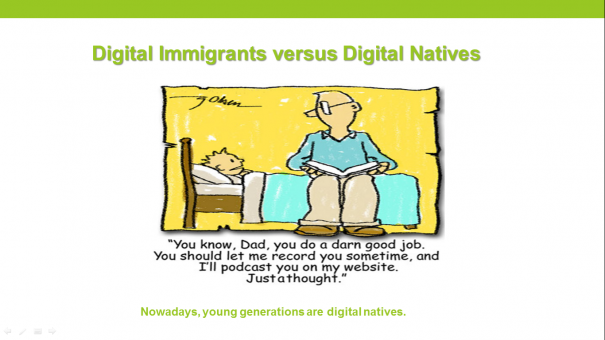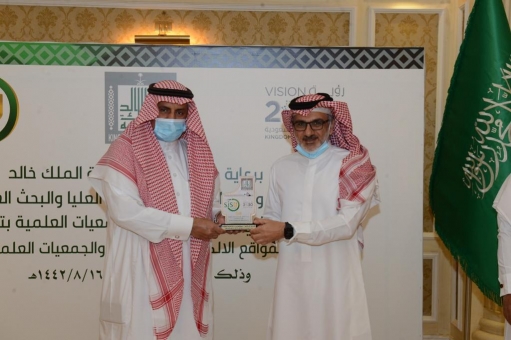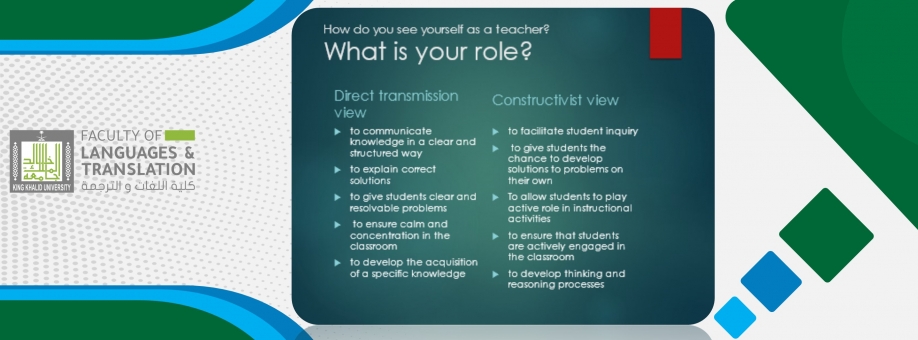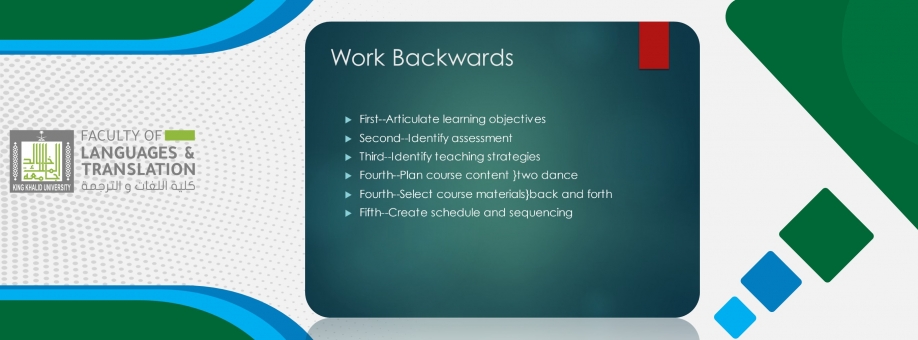Employer Advisory Board Calls for Labor Market Alignment
During the first week of April 2021, the Vice Deanship of Academic Development and Quality at the Faculty of Languages and Translation met with the Employer Advisory Board (EAB) to leverage the EAB's knowledge of labor markets, in-demand skills, and pedagogy at the Bachelor of Arts in English program (BAEP). The main purpose of the meetings — held across several days — was to obtain feedback that can be used to create a more well-rounded education that satisfies the demand for skilled employees.
The EAB at BAEP represents an industry partnership that enables continuous evaluation, development, and performance improvement in our educational offering linked to regional economic development and labor market needs. As such, during the meetings in April 2021 — and during all prior meetings — the EAB examined labor requirements to ensure BAEP's Mission Statement, Program Learning Outcomes, Graduate Attributes, and Study Plan are aligned with labor market demands.
The list of experts in BAEP's Advisory Board includes:
Mushabab Abu Eshi, currently the General Secretary at the Abha Chamber of Commerce.
Musa Ahmed, currently a vice-principal at a local high school.
Afan Al-Qahtani, currently the Women's Asir Region Supervisor at Saudi National Bank.
Sultan Al-Qahtani, currently Head of Strategy at Aseer Development Authority, a newly formed administration from the government sector with a mandate to supervise planning and implementation of a regional development strategy for the Asir Region.
Hussein Asiri, currently the Men's Department of English Head at the Ministry of Education in Asir.
Laila Mohammed, currently the Women's Department of English Head at the Ministry of Education in Asir.
The EAB commended the program for responding to workforce needs by cultivating creative graduates with valuable skills that businesses need to thrive, noting that our English majors are versatile working across industries because of their ability to critique and analyze written expression. They especially appreciated the linguistic skills of our graduates, which complements the increased demand for English language proficiency and helps to overcome cultural barriers in the trade of services, goods, and tourism. EAB members from the Ministry of Education and Abha Chamber of Commerce called for increased focus on practical speaking modules in current courses, which is one of the 4 macro skills in communication.
Afnan Al-Qahtani, Women's Asir Region Supervisor at Saudi National Bank, explained that soft skills are as vital as hard skills. She highlighted the need to invite seasoned guest speakers to deliver impactful soft skills training because employers are looking for graduates who can demonstrate competence in communicating well with others, showing initiative and responsibility, and working well in teams.
The Aseer Development Authority (ASDA) recommended integrating course learning outcomes on English for tourism purposes with a practical component into current courses. ASDA Head of Strategy, Sultan Al-Qahtani, explained that the newly launched Soudah Development Company (SDC), wholly owned by the Public Investment Fund (PIF), will create thousands of new jobs by 2030 as a result of a multibillion-dollar investment in tourism infrastructure and attractions throughout the region.
Date: 4/12/2021
Source: Faculty of Languages and Translation




